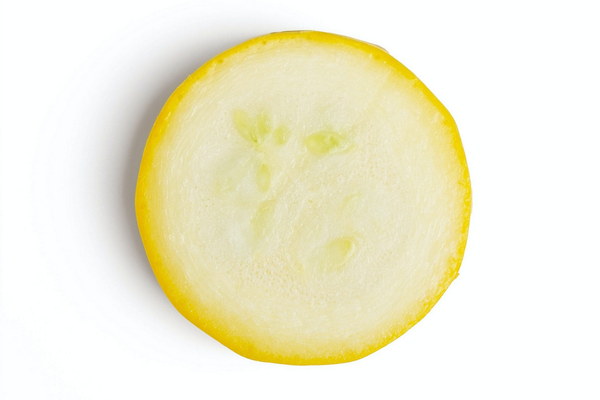The Ancient Secret Does Soaking in Mugwort Baths Really Remove Dampness
In the depths of traditional Chinese medicine, there exists a practice that has stood the test of time – soaking in mugwort baths. This method has been cherished for centuries for its potential to expel dampness from the body, a condition that is believed to be the root of many ailments. But does this ancient practice actually work? Let’s delve into the mysteries of mugwort baths and explore whether they can indeed banish dampness.
Mugwort, or Artemisia argyi, is a type of herb that has been used in traditional Chinese medicine for thousands of years. It is known for its aromatic scent and is often used in various forms, including tea, tinctures, and, of course, bath soaks. The belief is that mugwort can help to expel dampness, which is considered a major cause of illness in Chinese medicine.
Dampness, in this context, refers to an excess of moisture in the body, which can manifest in various ways, such as joint pain, fatigue, and even digestive issues. The theory is that this excess moisture can lead to a buildup of toxins, causing a range of health problems.
So, how does a mugwort bath work? When you soak in water infused with mugwort, the herb’s properties are believed to penetrate the skin and begin the process of removing dampness. The steam from the warm water is also thought to help open up pores and further facilitate the expulsion of dampness.
Many enthusiasts of mugwort baths report feeling a noticeable improvement in their health after just a few sessions. Some claim that they experience reduced joint pain, increased energy levels, and a general sense of well-being. However, scientific evidence to support these claims is limited.
While there is no definitive proof that mugwort baths can remove dampness, there are a few potential explanations for the reported benefits. Firstly, the warm water itself can have a soothing effect on the muscles and joints, providing relief from pain and stiffness. Secondly, the aroma of mugwort may have a calming and relaxing effect on the mind and body, which could contribute to a sense of well-being.

Moreover, the act of taking a bath in general has been shown to have numerous health benefits. It can help to relax the mind, improve sleep quality, and even boost the immune system. So, even if mugwort baths do not directly expel dampness, they may still offer other valuable health benefits.
It is worth noting that mugwort baths are not without their risks. Some individuals may be allergic to mugwort, and others may experience adverse reactions when the herb is applied to the skin. It is always advisable to consult with a healthcare professional before trying this practice, especially if you have any pre-existing health conditions.
In conclusion, while the idea of using mugwort baths to expel dampness is rooted in the rich tradition of Chinese medicine, scientific evidence to support this claim is lacking. However, the practice may still offer other health benefits, such as relaxation and pain relief. As with any alternative therapy, it is important to approach mugwort baths with caution and seek professional advice before trying them yourself. So, while the ancient secret of mugwort baths may not be fully revealed, they continue to captivate those seeking a natural way to improve their well-being.









